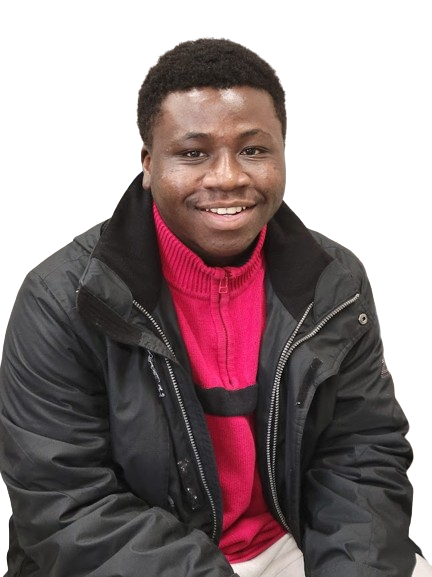When it comes to making a difference in the world, few fields offer as much opportunity for meaningful impact as public health and social work. These professions are rooted in the desire to improve lives, foster equity, and create healthier, more resilient communities. Whether you’re drawn to nonprofit work, education, or broader social impact initiatives, there are countless paths to explore. Let’s examine into some of the career options, the interests that might lead you there, and the communities you can serve.
Nonprofit Careers in Public Health and Social Work
Nonprofit organizations are at the heart of many public health and social work initiatives. These organizations often address gaps in services that government agencies or private businesses may overlook. Careers in this sector include roles such as program directors, policy analysts, and community outreach coordinators.
If you’re passionate about advocacy, addressing systemic inequities, and organizing impactful initiatives, nonprofit work might be the perfect fit. For instance, consider working with a global nonprofit like Save the Children, where professionals focus on health equity and disaster response for communities affected by natural disasters. Closer to home, grassroots organizations often address issues like housing insecurity or access to mental health care. A community outreach coordinator in a local shelter, for example, might organize programs that teach life skills to unhoused individuals, helping them gain independence.
Nonprofits often serve vulnerable populations, including low-income families, refugees, and individuals facing health disparities. Their work may involve ensuring children receive vaccinations, aiding displaced families with housing, or helping communities recover after crises. These roles demand empathy, organizational prowess, and a deep commitment to social justice.
Educational Paths in Public Health and Social Work
Education is a cornerstone of both fields, offering opportunities to teach, mentor, and inspire the next generation of professionals. Careers in this area include roles like health educators, social work professors, and school counselors.
A career in public health education often appeals to those who love creating engaging presentations and inspiring behavior change. Take, for example, a health educator who develops a comprehensive sex education curriculum for high schools in underserved areas. By addressing teen pregnancy and sexually transmitted infections, this educator empowers students with knowledge that can change the trajectory of their lives.
Social work education, on the other hand, involves supporting young minds and fostering emotional well-being. School social workers help students cope with challenges like bullying or family disruptions, ensuring they have the resources to succeed academically and emotionally. For example, a school social worker might intervene to secure therapy services for a student struggling with grief, helping them return to a place of stability.
Educational professionals often serve students, families, and educators—creating environments where everyone can thrive. Their work combines compassion, strategic planning, and the ability to connect with diverse groups, making lasting impacts in their communities.
Social Impact Careers
Social impact careers blend elements of public health and social work to address broader societal challenges. These roles often involve policy development, community organizing, and systemic change.
Public health social workers are perfect examples of this intersection, as they bridge the gap between healthcare systems and communities. They advocate for equitable access to resources, such as ensuring rural residents receive preventive medical care. Imagine working with a rural health clinic to implement telehealth programs—bringing specialized care to communities previously isolated from such services.
Policy advocates take a broader approach, influencing legislation to create systemic change. For example, they might push for reforms in healthcare access or affordable housing. A real-world illustration could be a social worker turned advocate who drafts proposals aimed at improving mental health coverage for uninsured populations, successfully lobbying government officials to implement the changes.
These careers often focus on underserved populations, aiming to address inequities and elevate the quality of life for entire communities. They require big-picture thinking, a passion for justice, and the ability to rally diverse stakeholders toward common goals.

